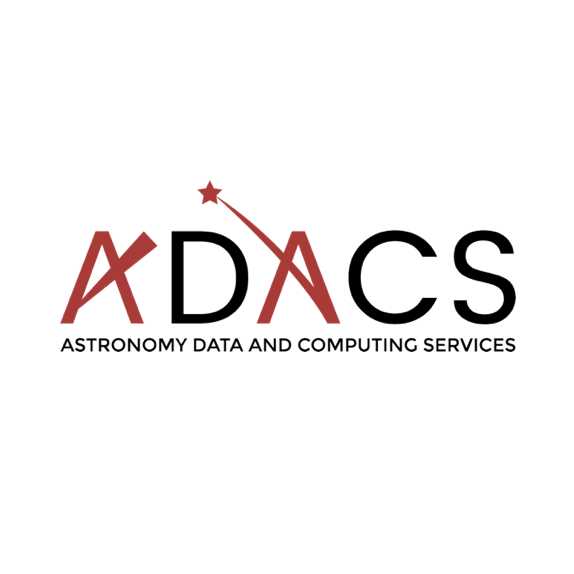The Research Data and Software (RDS) team at AAO Macquarie University will formally add its considerable software and data engineering expertise and experience to the teams from Swinburne and Curtin Universities to collaborate on the Astronomy Data And Computing Services (ADACS) project. Together they will deliver first class software and data services to the astronomy research community.
The AAO RDS team is responsible for a host of web and data projects, including Data Central, European Southern Observatory Data Pipelines, the ORICL early childhood education research project, and hardware control for instruments such as MANIFEST on the Giant Magellan Telescope. The 15-strong team has over 100 years of combined experience developing cutting-edge software for astronomy instrumentation, algorithms, and data management. They have worked on many telescope and instrument projects on some of the largest and most significant telescopes in the world, including the Anglo-Australian Telescope (at Siding Spring Observatory, NSW), Gemini South Observatory, ESO Very Large Telescopes, and the Atacama Large Millimetre Array (all in Chile).
One of the team’s flagship projects, Data Central, is a bespoke science platform that brings together data archives, catalogues, data pipelines, collaboration tools and compute services into one accessible, feature-rich portal. It was conceived and developed at AAO and combines the team’s considerable research and industrial software expertise to meet the exacting and changing needs of the international astronomical community. Data Central serves team-curated data products and documentation alongside federated data from remote data portals, providing access and analysis tools for novice astronomers, expert survey-team members, and members of the public alike.
“We are excited to formally partner with Swinburne and Curtin Universities on the ADACS project.” Dr Simon O’Toole, co-head of the AAO RDS team and Data Central Project Scientist, said. “This continues our long tradition of driving excellence in the astronomy software space”.
“The partnership represents an opportunity for us to help astronomers solve some of their immediate computing and software problems through the ADACS scheme, while continuing our existing programme to build innovative software and tools anticipating future challenges and leveraging new technologies.”
The ADACS partnership was established in 2017 and provides astronomers access to software engineering effort, through a merit allocation scheme in a way comparable to accessing telescope time. This means that astronomers can concentrate on their science, and bring in software and data experts to solve their immediate coding problems. ADACS also provides training services for astronomers, teaching them important basic computing and software practices, as well as offering them content on new computational advances that could prove to be vital in future data analysis.
“The AAO RDS team are world leaders in solving the kinds of complex software and data problems that astronomers have to deal with,” says Professor Richard McDermid, Director of the Macquarie University Astrophysics and Space Technologies Research Centre. “The partnership with ADACS combines two great teams and brings new strength to ADACS.”
Prior to the creation of this formal partnership, AAO MQ had been collaborating with ADACS on a number of projects. Formalising the ADACS Macquarie node will strengthen the existing collaboration, which has already resulted in innovative new solutions for astronomers. A key project recently completed by the AAO team was the SimSpin web application, creating user-friendly software for accessing and generating complex data, layered on the astrophysical simulation code written by UWA astronomer Dr Kate Harborne.
Dr O’Toole again: “The SimSpin project was important because it allowed us to shine a spotlight on the need to provide better access to theory and simulation data, an area that has long been left out of the mainstream data space.”
To see more about the services offered by ADACS, visit the website or see the YouTube channel ADACS Learning to view a series of public webinars.
ADACS is funded under Astronomy National Collaborative Research Infrastructure Strategy (NCRIS) Program via Astronomy Australia Ltd (AAL).


